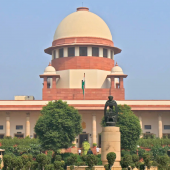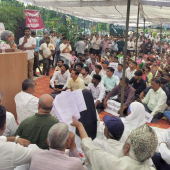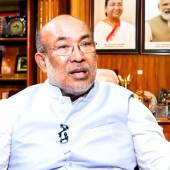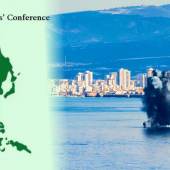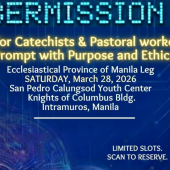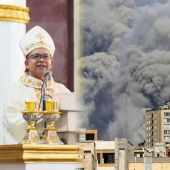Supreme Court Seeks Clarity on Anti-Conversion Laws, Defers Decision
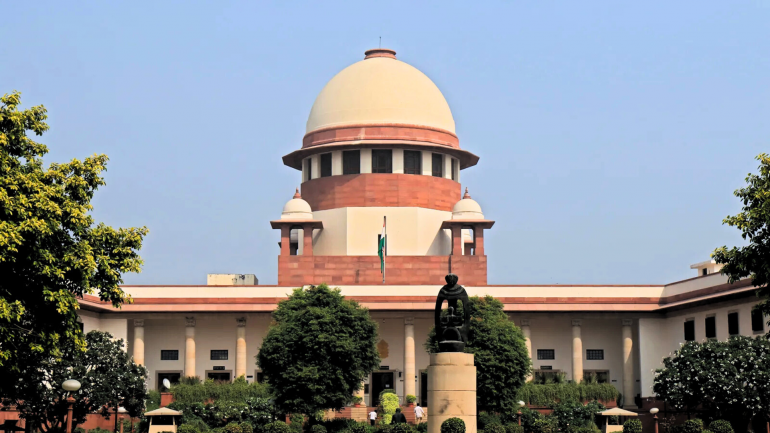
On Sept 16, the Supreme Court of India has sought clarification from a petitioner pressing for a nationwide ban on so-called “deceitful” religious conversions, asking who has the authority to determine whether an interfaith marriage amounts to fraud.
Chief Justice of India B.R. Gavai, while hearing the challenge to controversial anti-conversion laws enacted in 10 states, reminded the parties that the court’s role is to test the constitutionality of laws, not to legislate from the bench.
The petition, filed by advocate Ashwini Upadhyay, claims conversions are being carried out through “allurement and duplicity.” While Article 25 of the Constitution guarantees freedom of religion, including the right to propagate faith, the petitioner argued it does not permit conversions achieved through force or fraud.
However, senior advocate C.U. Singh, appearing for Citizens for Justice and Peace along with advocates Indira Jaising and Vrinda Grover, told the court that these so-called “Freedom of Religion Acts” contain everything except freedom. “In reality, they are anti-conversion laws,” Singh asserted.
According to Catholic Connect, Singh pointed out that amendments to the laws have become increasingly harsh. Third parties can now file complaints against interfaith couples, penalties range up to 20 years’ imprisonment, and bail conditions are as stringent as those under the Unlawful Activities (Prevention) Act. Even more troubling, the burden of proof rests on the person converting to show that no coercion was involved.
“These laws affect not only marriages but also everyday religious practices and festivals, leaving communities vulnerable to harassment and mob action,” Singh told the court.
The Chief Justice pressed further: “But who would find out that a religious conversion was deceitful or not?”, a question that strikes at the constitutional heart of these enactments.
The Centre, represented by Additional Solicitor General K.M. Nataraj, opposed the petitioners’ request for an immediate stay, noting the case has already been pending for three years.
Earlier hearings in 2023 had seen the court decline to refer the matter of “forcible conversions” to the Law Commission. The government had also challenged the standing of the NGO to file the petition.
Singh, however, warned that the laws are becoming a template replicated across states, steadily eroding fundamental freedoms. Together, they create a chilling effect on the constitutional right to profess, practice, and propagate religion.
The Supreme Court will revisit the matter in six weeks to decide whether to stay the laws.
As Catholic Connect observed, for many, this is more than a legal battle; it is a defining moment. Defenders of religious freedom see it as the time to act before constitutional rights are irreparably weakened.
Radio Veritas Asia (RVA), a media platform of the Catholic Church, aims to share Christ. RVA started in 1969 as a continental Catholic radio station to serve Asian countries in their respective local language, thus earning the tag “the Voice of Asian Christianity.” Responding to the emerging context, RVA embraced media platforms to connect with the global Asian audience via its 21 language websites and various social media platforms.









